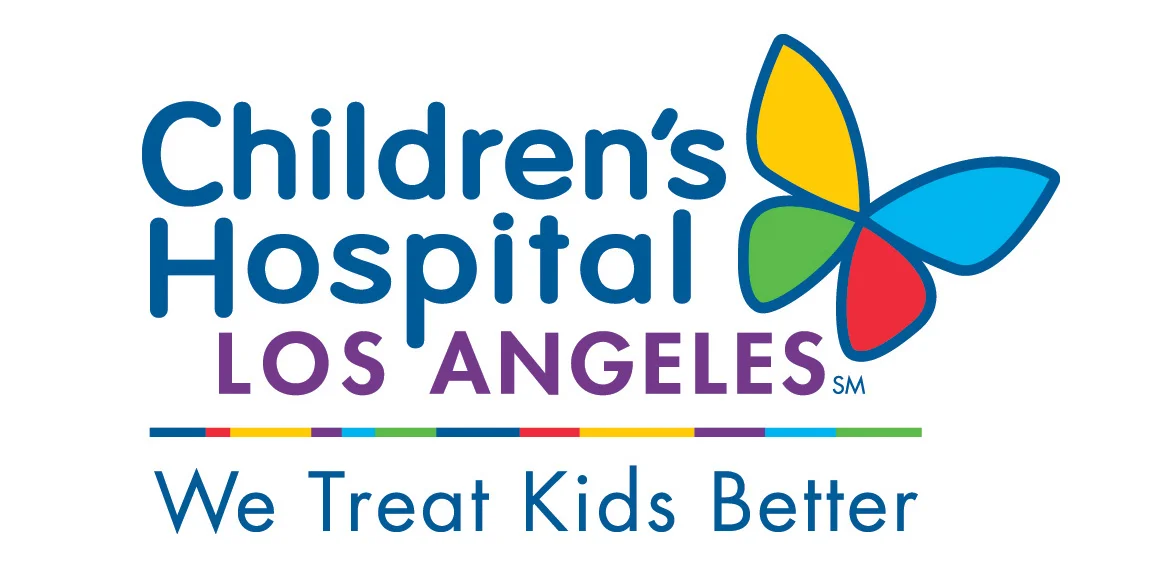Patient Education for the Next Generation
Age Appropriate - Informative - Engaging - Empathetic
Through age-appropriate voice and tone, Afi Health bridges the gap between children and their ailments, encouraging them to engage with their health through informed assent and self-assurance.
How does Afi get it done?
Co-creating content to meet the needs of all children.
Working with various partners, like you, we are able to develop targeted content for specific pediatric patient populations. With your needs in mind, we will co-create resources for treatment/protocol adherence, anxiety reduction, and much more.
How it works…
Deliberate Ideation
There are over 6 million pediatric hospitalizations each year. We work alongside those who support these patients through clinical, pharmaceutical, and advocacy settings to create targeted resources meeting children’s needs in various settings.
Hands-on Collaboration
With you, our partners, we are able to focus on the areas that are most important to your specific pediatric community’s needs. Together, we will holistically approach the topic at hand to overcome pressing obstacles faced by the children and their families.
Thoughtful Production
Using age-appropriate tone and fun, engaging characters, we convey information in a palatable and reassuring manner. We work to ensure that our content not only informs the child, but also reassures and empowers them within their care.
Engaging Solutions
Our resources not only engage and empower children but also set the foundation for families to feel more confident in their knowledge about their child’s health. With our videos, children and families have the opportunity for open and intentional dialogue surrounding care.
Who We’ve Worked With…
Medical Advisory board
Christina Kwong, MD
Washington University School of Medicine
Anthony Porto, MD
Yale University
Cynthia Jones, RN, BSN, MBA-HM
University of St. Thomas; Western Governor's University
Carmen Hill-Mekoba, DNP
Matrix Medical Network and Professor at Simmons University
Dylan Dean, MD
University of Texas Medical Branch; Peer Review Systems
Katherine Rivera-Spoljaric, MD
Washington University School of Medicine
Brooke Polk, MD
Washington University School of Medicine
Anthony Jones
Rocky Vista University College of Osteopathic Medicine
Why even educate kids about their health?
Anxiety Reduction
Children commonly report feeling afraid or anxious as they anticipate and engage in healthcare settings. Providing them with tools to better understand the circumstances will reduce stressors associated with uncertainty and confusion.
Treatment Adherence
Ensuring that children and families have protocol information in an easy-to-understand, comprehensive manner, allows for better, more precise adherence to their respective protocol. Consequently, we can work towards better patient outcomes within pediatrics.
Informed Assent
For those who are too young to give informed consent in medical situations, we must ensure that their power for assent is being promoted. Through educational resources for children, pediatric patients are given the agency to more confidently engage with their care and provide assent.
It’s Their Right
Although our resources meet several needs amongst pediatric patients, the most important problem we’re addressing is their right to information about their bodies. Children are constantly overlooked in their own care and left confused and uncertain. In today’s wave of democratized healthcare, this cannot be the case.
















